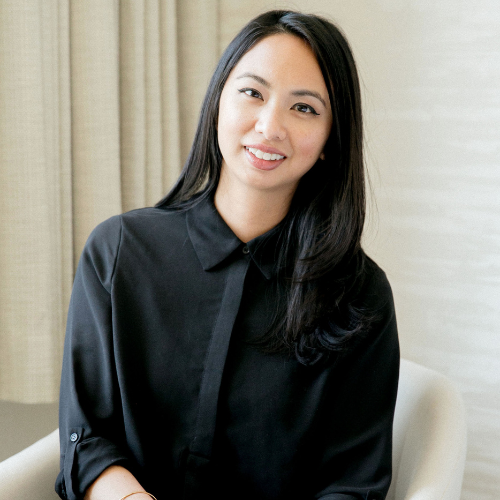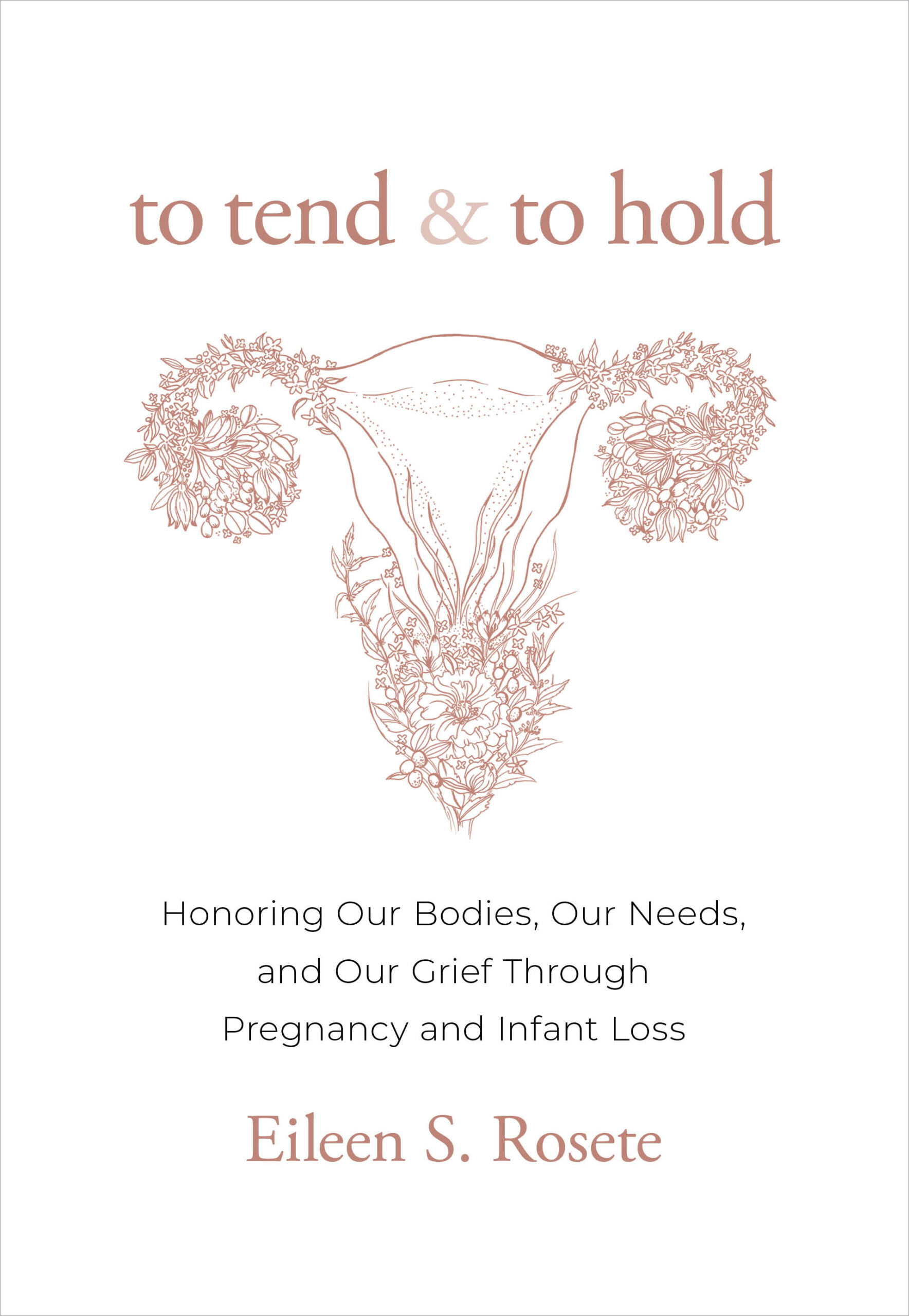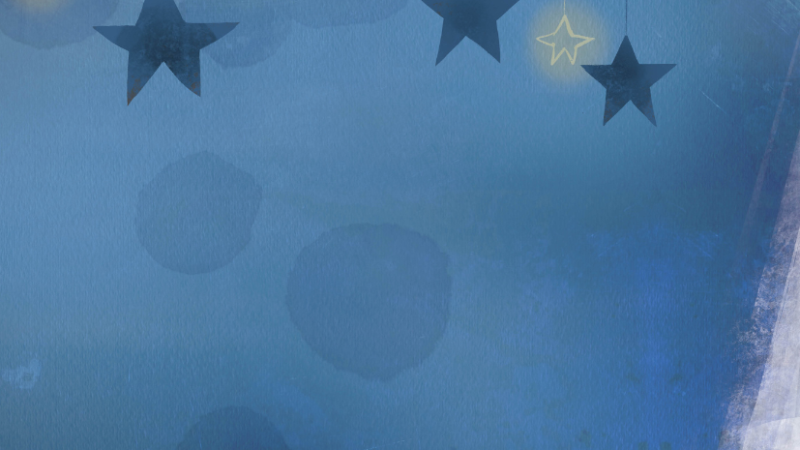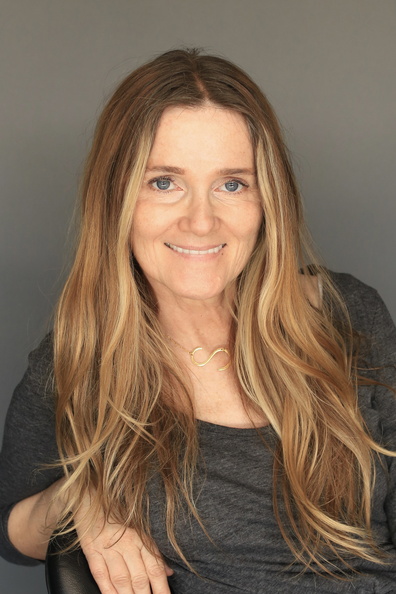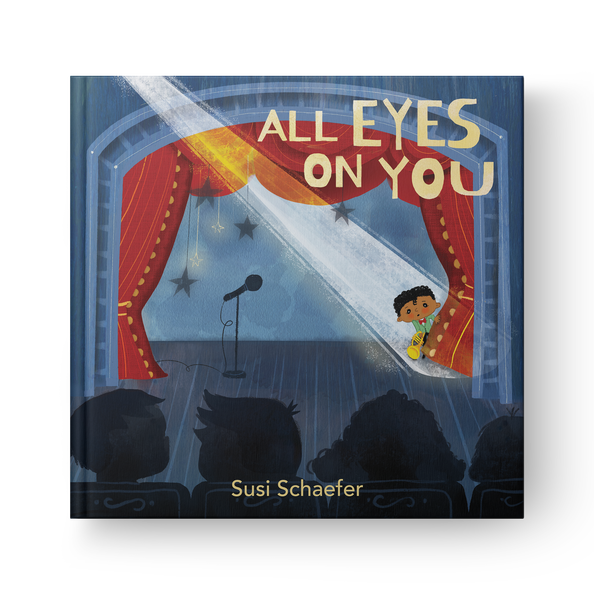
It’s no surprise that the well-worn aphorism “It takes a village to raise a child” has resonated with many parents, along with another ancient proverb thought to have originated in Africa, “If you want to go fast, go alone; if you want to go far, go together.” Why do these now-clichéd old sayings ring true?
Because being a parent is lonely sometimes, and these sayings evoke a felt sense of connection and interconnection for which many parents long.
It’s the warm, fuzzy feeling that bubbles up at children’s holiday concerts, sporting events, and other neighborhood programs. It’s an understanding from the inside out that being a parent is as much about the community as it is about our children. It speaks to a holistic perspective that challenges the narrow view that we are independent, self-contained individuals and instead elevates a mindset that recognizes the many ways we are dependent and connected.
When we tap into this view, we remember that the way we relate to our children ripples out to touch their friends, teammates, classmates, teachers, coaches, doctors, grandparents, aunts, uncles, cousins, and on and on and on. Remembering this ripple effect can be a powerful antidote to the stress, strain, and even the doldrums of a busy parent’s life.
Here are five themes that help parents connect with interconnection.
A Ripple Effect
When their caregivers are so tired, stressed-out, afraid, or frustrated that they habitually speak and act impulsively without thinking through the consequences, it’s tough for children to imagine a community of relaxed, reflective adults who relate to one another thoughtfully, collaboratively, and with kindness.
Similarly, when kids live in communities where the prevailing mindset is that resources are scarce and there’s not enough to go around (like many of us do), it’s tough for them to imagine a world where collaboration and altruism, fueled by an understanding that achievement is not a zero-sum game, are woven into the culture. Switching the lens through which kids and parents view the world from a me-first orientation to a generous one can be an uphill battle, but it’s a struggle that can be won. How? By remembering the ripple effect made by even small acts of kindness and collaboration.
Takeaway: Today, watch for places that you’re starting a ripple effect. How does that make you feel?
Ordinary Magic
“The highest to which man can attain,” wrote Goethe, “is wonder,” but when busy parents are pulled in many directions at once, it’s easy to lose sight of the wonder in every moment. If you pause and look closely at chores and workaday obligations that feel relentless, you’ll notice that even what seems to be a fixed routine is anything but solid and predictable.
By bringing a sense of wonder and mystery to the everyday occurrences that make up family life (this flower, her smile, his laugh, that traffic jam), what once seemed like ordinary occurrences become nuanced, extraordinary ones. Okay, maybe not the traffic jam.
Takeaway: Today, make time and space for the “ordinary magic” of everyday experience.
Meet Everything with Love
If you’re anything like me, your knee-jerk reaction to a crazy to-do list and an over-crowded schedule is to bear down and muscle through. There’s an alternative, though. When you react to being busy by pausing rather than speeding up, you’re brought back to what’s happening in the moment.
If you relax rather than power through, you interrupt your body’s fight or flight response that releases adrenaline and activates the wing of your nervous system that promotes ease and calm instead. A few breaths later, you’ll be able to see what’s happening within and around you more clearly, set priorities more confidently, and return to what you were doing in a more balanced way.
Now you’re ready for what I think is the most radical piece of the mindful worldview. You’re ready to meet whatever comes your way with love—a practice I learned from the remarkable meditation teacher Joseph Goldstein. Can you think of a more apt intention for parents?
Takeaway: Test drive this approach the next time you find yourself in a conversation with someone who is challenging. See what happens if you meet what they say with love, even if you don’t feel it.
Don’t Expect Applause
It’s not a great idea to expect something in return when helping others; it’s better to do what needs to be done for its own sake. That’s what it looks like to prioritize motivation over results. Prioritizing motivation doesn’t mean ignoring outcomes, though. It just means remembering that there will always be things outside your control.
So how do busy parents with long to-do lists acknowledge uncertainty without becoming overwhelmed? By staying present in the moment and focusing on the goodness of what you’re doing instead of the results.
Takeaway: The next time you’re faced with a job that seems overwhelming, break it down into small tasks. Take-on one job at a time, and focus on the goodness of the task that you’re doing instead of the result. See what happens.
You’re basically good (seriously, you are).
Parents often hold themselves to unrealistically high standards because they want the best for their families. Being hard on yourself can backfire though, because the more preoccupied you become, thinking about where you didn’t measure up, the less bandwidth you have to remember the places where you did.
What if, instead of being hard on yourself, every time you feel mildly dissatisfied you view that dissatisfaction as a reflection of your basic goodness? Let’s say you’re frustrated and cranky because your children aren’t getting along. What if, rather than beating yourself up for being impatient, you view that frustration as a manifestation of a deep desire for your kids relate to one another happily and with ease? In other words, you see frustration as an expression of your basic goodness.
Takeaway: If feelings of dissatisfaction or impatience bubble up today, see if you can view them as an expression of your basic goodness—your hope that everyone is healthy, happy, safe, and living with ease.

Susan Kaiser Greenland is a mindfulness teacher and founder of the Inner Kids Foundation (along with her husband, author Seth Greenland), a not-for-profit organization that taught secular mindfulness and community-based programs from 2001 to 2009. She has researched the impact of mindfulness in education, childcare, and family health at UCLA, and her research has been published in the Journal of Applied School Psychology. Susan’s work has appeared in the New York Times, the Los Angeles Times, the Chicago Tribune, the Washington Post, USA Today, Real Simple, HuffPost, and Parents Magazine. She currently works in the United States and abroad as an author, public speaker, and internationally recognized educator on the subject of sharing secular mindfulness and meditation with children and families.
For more, visit susankaisergreenland.com.

Click here to see Susan’s newest work: Mindful Parent, Mindful Child
For anyone who wants to bring mindfulness into their family life, Susan Kaiser Greenland, a pioneer in bringing mindfulness to children and families, presents easy-to-learn practices created to help busy parents fit mindfulness into their daily routine. Mindful Parent, Mindful Child is structured as an “audio journey” for daily use, offering 30 potent practices that will teach the essentials of mindful awareness, compassion, self-regulation, stress relief, and much more in just ten minutes a day.




